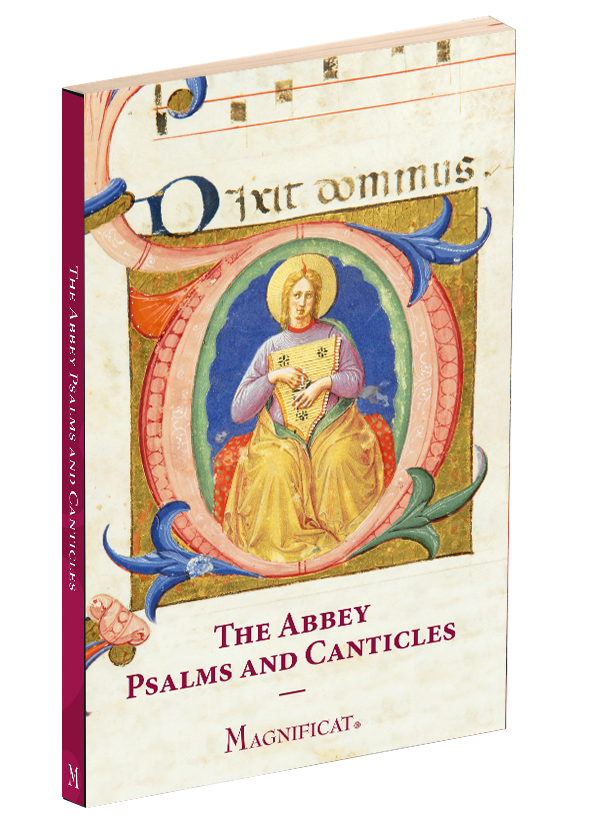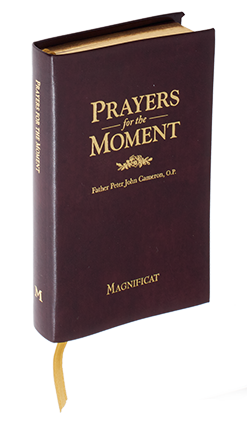Several years before I was ordained a priest, I attended on Sundays the Melkite Divine Liturgy of Saint John Chrysostom in addition to the Mass of the Roman Rite. One of my favorite lines of the Liturgy of Saint John Chrysostom comes after the Prayers of the Faithful at the time of the Great Entrance. The people sing in the Cherubic Hymn: “We who mystically represent the Cherubim,/ and sing to the Life-Giving Trinity the thrice-holy hymn,/ let us lay aside all earthly cares,/ to receive the King of all.” While the people sing, the priest prays quietly and then, with the deacon, bows three times and repeats quietly the Cherubic Hymn. During the almost hypnotic chant, I came to love the wondrous call: “let us lay aside all earthly cares.” I had so many earthly cares, and there I was hearing a call that spoke deep in my heart. By joining in the hymn, I was also bidding others to lay everything aside—“to receive the King of all”!
Someone may object that the sacred liturgy should not take us away from the cares of the world. Imagine a mother who no longer feeds her children because she has heard the invitation to leave behind all things. “No,” she tells her little ones, “I will not give you anything. You may not have food or drink because I’ve been to the liturgy, and I’ve left all cares of this world behind.” If you took the liturgy’s words seriously, you would not perform any work of justice or mercy in this world that is passing away. Right?
Saint John Chrysostom would vehemently protest. This great preacher of the early Church spoke countless times about the need for parents to take care of their families and for all the faithful to assist the poor and the weak. His liturgy, with its call to lay aside all earthly cares, is not to take us away from doing good in the world, but to redirect our attention to where every good thing comes from: the King of all. In the liturgy we are to receive him. Let us be attentive!
The Roman Rite has a similar invitation. Consider the dialogue between the priest and the people at the beginning of the Eucharistic Prayer. The priest says, “Lift up your hearts.” Where are our hearts meant to be? With Christ in heaven. They are not meant to be among earthly cares. And so the people reply, “We have lifted them up to the Lord.” This dialogue and the following preface prayed by the priest prepare us to cry out with the seraphim in God’s heavenly court: “Holy, holy, holy Lord God of hosts./ Heaven and earth are full of your glory.” The way to enter into the Eucharistic Prayer is to lay aside whatever is weighing us down and let ourselves be lifted up to heaven’s worship.
Think of lifting up your heart to the Lord in heaven, laying aside all earthly cares, as a way of practicing what the Lord preaches in the Sermon on the Mount. We are called not to worry and say “What are we to eat?” or “What are we to drink?” or “What are we to wear?” (Mt 6:31). The Lord says, All these things the pagans seek. Your heavenly Father knows that you need them all. Let God take care of you while in the sacred liturgy you take care of seeking one thing: the kingdom (Mt 6:33).
In this month of January, as the world begins a new year with all sorts of resolutions, plans, and concerns, we can ask for the grace to have our hearts lifted up to the Lord by laying aside all earthly cares. Time will move on during this year, but we can have a taste of heaven’s everlasting praise right now when we receive the King of all.









